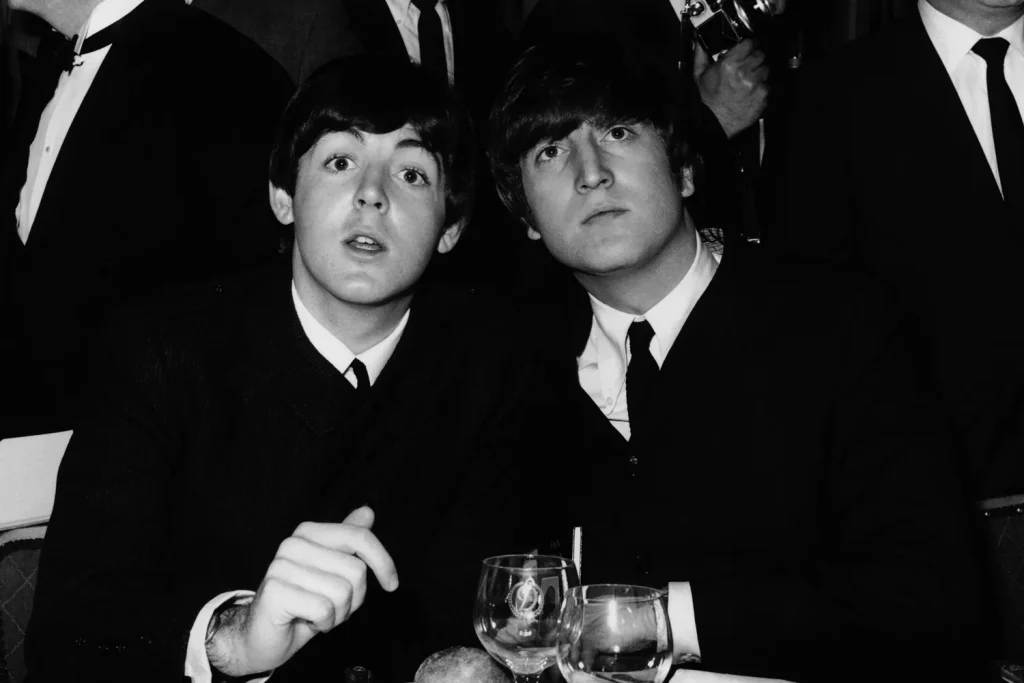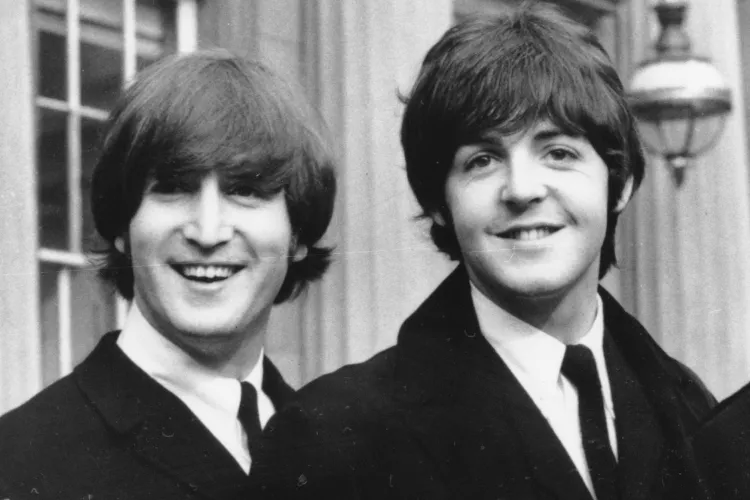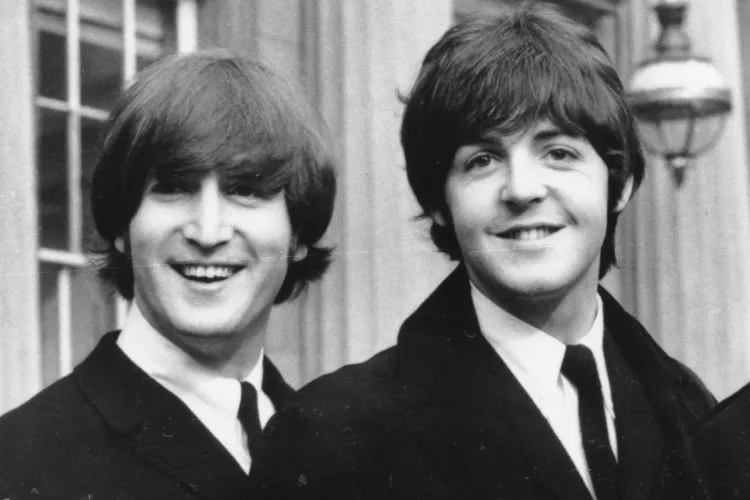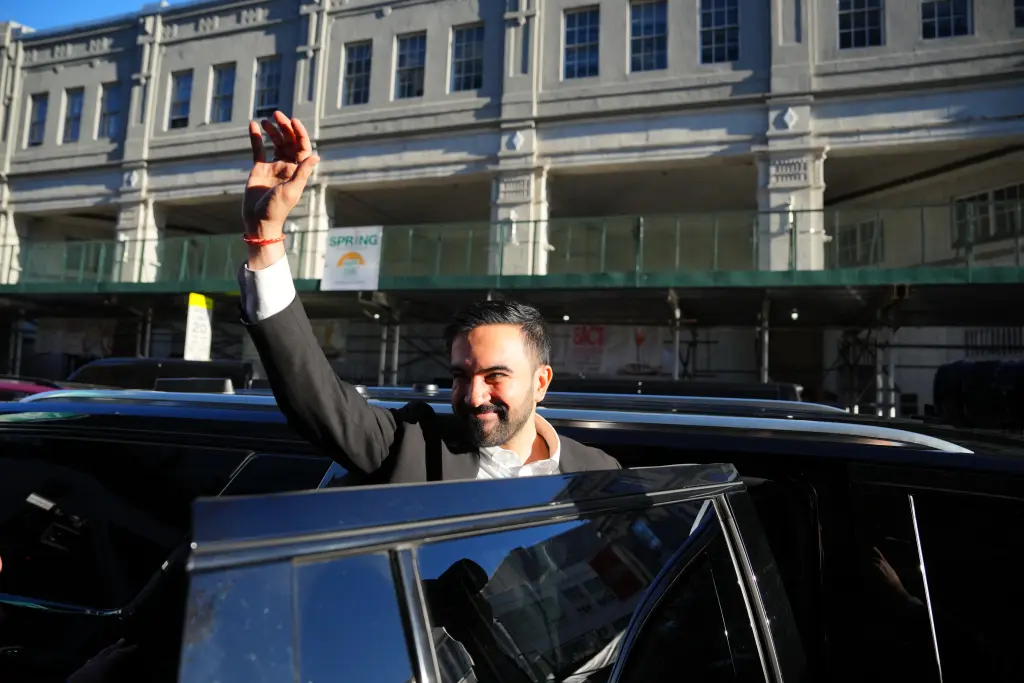In a deeply revealing passage from his new book, Paul McCartney recalls the “horrific” moment he discovered John Lennon had been killed and how that day changed everything
On the morning of December 9, 1980, the world awoke to the shocking news that one of its brightest stars was gone. For Paul McCartney, it marked not just the end of an era with John Lennon, his former musical partner and friend, but also the sudden shattering of a bond he never fully believed could be broken. In his new oral-history book, Wings: The Story of a Band on the Run, released November 4, 2025, McCartney reflects on the moment that is seared into his memory: learning that Lennon had been shot and killed outside his New York City apartment by Mark David Chapman on December 8, 1980.

In the pages of his book McCartney describes how he was informed of Lennon’s death by his manager early that morning. He writes simply: “It was just too crazy.” He compares the moment to the assassination of President John F. Kennedy in 1963, describing it as “the same horrific moment” when everything seemed to blur. What had been a quiet late night turned, in the space of a telephone call, into a life-altering wake-up.
McCartney, who is now 83, says he still hasn’t taken it all in. “You couldn’t take it in,” he writes. “I still haven’t taken it in. I don’t want to.” In the first hours after the news, the remaining members of the Beatles — McCartney, George Harrison, and Ringo Starr — could not simply stay home. McCartney notes they returned to the studio, to “go to work and be with people we knew,” because “we all had to keep going.”
Such a reaction, to get up and carry on, reveals just how complicated emotion can be. McCartney writes of a man who hung on to routine as a lifeline, whose grief was buried beneath the beat of 4/4 time and the hum of a recording console. In years past he had said he struggled to put into words what Lennon meant to him. After Lennon’s death, McCartney said he “couldn’t really talk about it” because it was “just too deep.”

The relationship between McCartney and Lennon is among popular music’s richest stories. They met as teenagers in Liverpool, wrote songs together, challenged themselves and the world, and became the heart of the Beatles. Yet it is also a story of growing apart. McCartney writes with candor in his book that their arguments were “nothing more serious than two brothers fighting.” He says he is grateful, even now, that their final phone call had no bitter blow-up, describing that as “one of the great blessings in my life.”
The tragic moment surrounding Lennon’s death casts a long shadow across McCartney’s career. Many recognize the song Here Today — as recorded on McCartney’s 1982 album Tug of War — as his attempt to speak across that abyss of loss. The song takes the form of an imaginary conversation, asking what they would say to each other if time permitted. It is loaded with unsaid words, soft regret, and fierce affection.
In his new book McCartney revisits the immediate aftermath of Lennon’s death with fresh language and revelation. He acknowledges how difficult it was for him — how the media gaze made mourners into performers. In one instance he recalls how a reporter pushed him on December 9: “What do you think about John’s death?” He answered tersely: “A drag, isn’t it?” In context it felt refracted and inadequate. What it revealed, more than anything, was a human being at his limit.
Such rawness has been tucked behind decades of legacy and legend, but McCartney pulls much of it into the light. He makes plain that even among the world’s most celebrated musicians, love and loss can be indistinguishable. Even worlds turned upside down by applause and acclaim can come undone in a single night. At a personal level, McCartney shows he was not immune to the shock — the fracturing of reality that often accompanies grief in its purest form.
In the years since Lennon’s passing, McCartney’s relationship to the incident has evolved. He has said that he sometimes dreams of Lennon, that the absence still echoes. In his book he frames the event not merely as a loss of a companion, but as a turning point for his own artistry. The shock, the grief, the immense responsibility of memory — they shaped his output, his perspective, his sense of self.
For Lennon’s fans and for music history, the killing of John Lennon remains a landmark: December 8, 1980, outside The Dakota apartment in New York City. McCartney revisits it not only as survivor but also as someone trying to find meaning. He writes that he had to keep working above all — perhaps to outrun the silence that threatened to swallow him. But underneath the rhythm, beneath the melody, there remains the imprint of a friendship cut too short.
As the pages of Wings: The Story of a Band on the Run turn, McCartney does more than revisit his story — he re-reads the one he shared with Lennon and rewrites the chapter that didn’t get to end. He does it without sentimentality, without the gloss of myth, but with compassion and clarity. In doing so, he offers a portrait of a man who lived at the intersection of celebrity and brotherhood, whose greatest triumphs were entwined with the deepest grief.
In publishing such an intimate reflection, McCartney has invited readers to witness not just a musical legend, but a human being who carried a loss so profound it still shades his days. As we read his account, we are reminded that behind every icon is someone who loved and lost. And that even stars must sometimes gather themselves in darkness, then return to the light.



